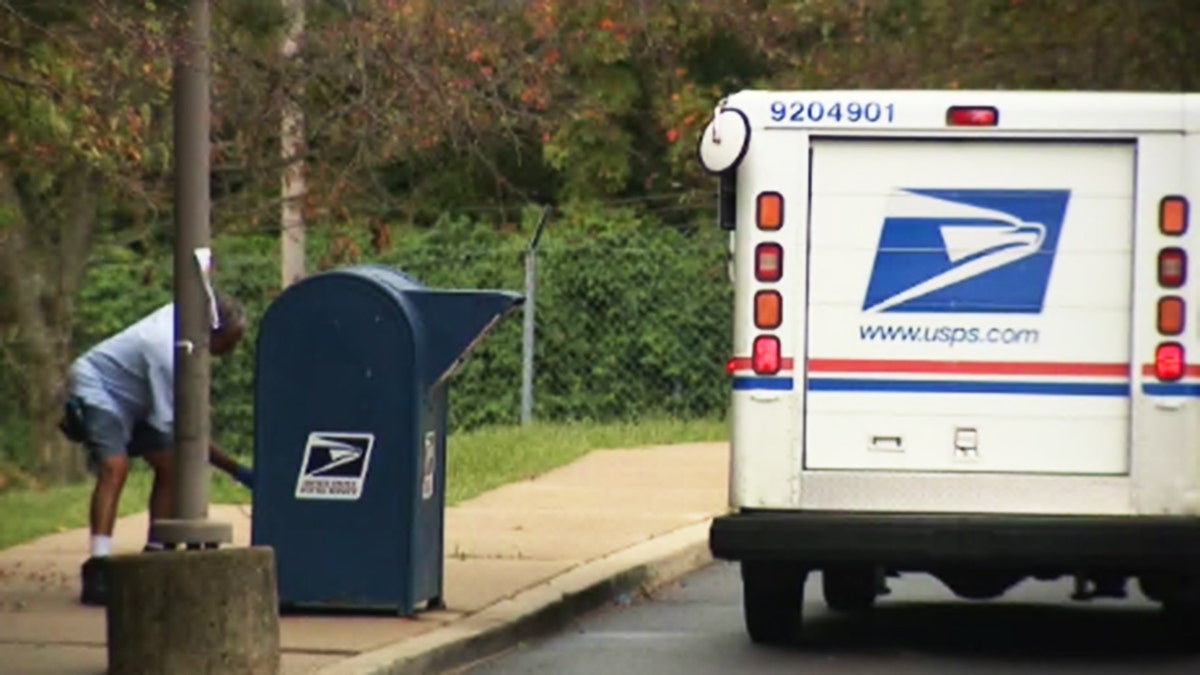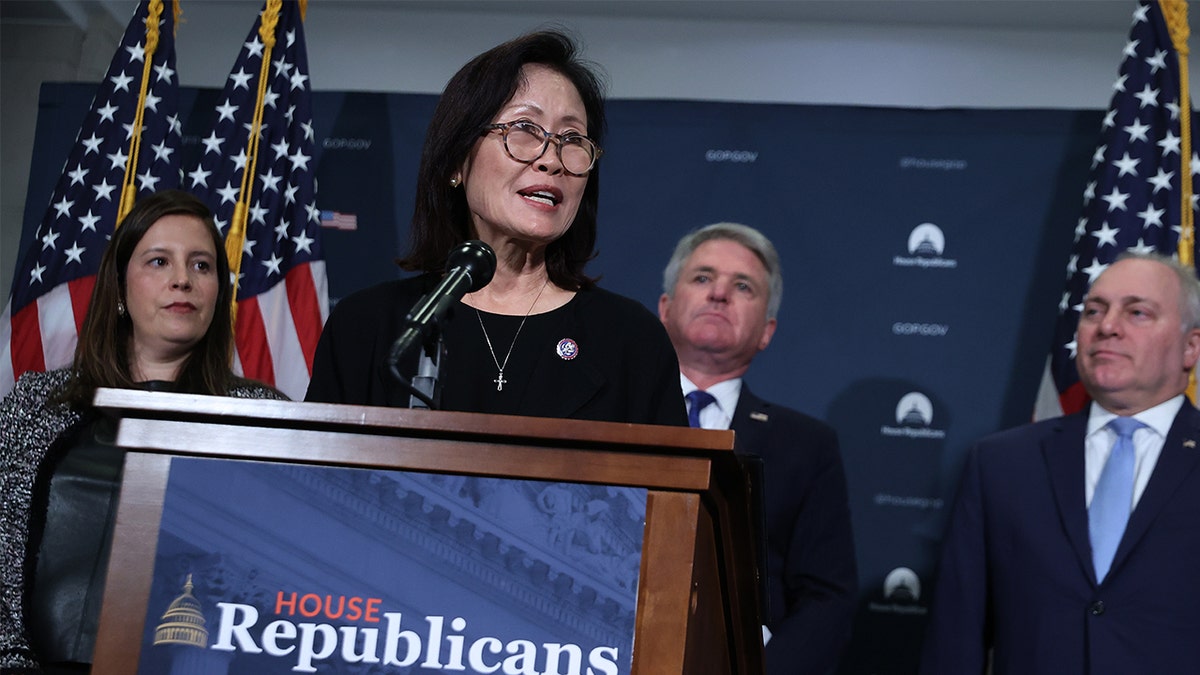The United States Postal Service (USPS), already grappling with financial and operational challenges, faces a new threat: counterfeit stamps originating from China and sold online through platforms like Google and Facebook. This issue is not merely a financial concern but a form of economic sabotage, echoing historical instances of counterfeit currency being used as a tool of warfare.
These counterfeit Forever stamps are sold at significantly discounted prices, sometimes as low as 7.7 cents compared to the official 63-cent price. Some counterfeiters even claim to replicate the anti-counterfeiting features of genuine stamps, adding another layer of deception.
The surge in counterfeit stamp usage led the USPS to issue a statement in February 2023, warning the public about this illegal activity and announcing a revised policy, effective July 9, 2023, to treat mail with counterfeit postage as abandoned and subject to destruction.

This policy, however, presents a dilemma for the USPS. It risks further eroding public trust in the postal service as individuals who unknowingly purchased counterfeit stamps may experience missing mail without understanding the reason.
The financial implications are substantial. Counterfeit stamps primarily impact First-Class Mail, a major revenue source for the USPS. Despite a revenue increase in 2022, the USPS experienced growing losses, exacerbated by rising labor and operational costs. The proliferation of counterfeit stamps further strains the already struggling organization, which has received billions in federal aid and loan forgiveness in recent years.
A simple online search reveals numerous sponsored ads for counterfeit stamps, often appearing alongside legitimate USPS advertisements. This highlights the ease with which these fraudulent products can be accessed.



The problem extends beyond counterfeit stamps. China's involvement in intellectual property theft and the influx of fentanyl into the US raise serious concerns about economic warfare and national security. Rep. Michelle Park Steel, a member of the House Committee on the Strategic Competition Between the United States and the Chinese Communist Party, is investigating the counterfeit stamp issue and exploring congressional actions to address it. While Google claims to have removed ads violating their policies, the continued presence of such ads suggests a need for more robust measures, potentially including government intervention and trade sanctions.

The counterfeit stamp issue underscores the complex challenges facing the USPS and the broader implications of economic competition with China.








